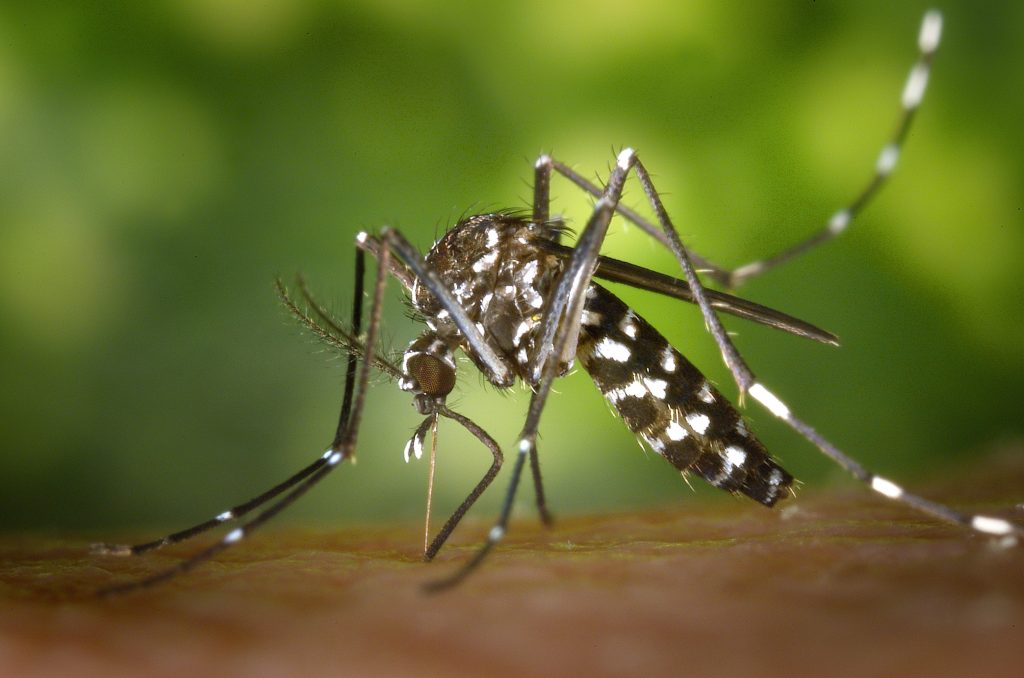Dengue Fever: Symptoms and Ways To Protect Yourself
How do you get dengue fever?
Dengue fever is transmitted to humans through the bite of an infected Aedes mosquito (Aedes aegypti and Aedes albopictus). Dengue fever is not contagious and does not spread directly from person to person.
When a mosquito bites a dengue-affected human, it becomes infected. After about a week, the mosquito can transmit the illness to other individuals it bites.
What are the symptoms of dengue fever?
Dengue fever usually develops within four to seven days after being bitten by an infected mosquito. Some of the common symptoms include:
- Sudden onset of fever for two to seven days
- Severe headache with retro-orbital (behind the eye) pain
- Joint and muscle pain
- Skin rashes
- Nausea and vomiting
- Bleeding from the nose or gums or easy bruising of the skin
In rare cases, dengue fever may progress to dengue haemorrhagic fever or dengue shock syndrome. These are the most severe types of infection, and they can be fatal.

How can you protect yourself from dengue fever?
To protect yourself from dengue fever, you must first prevent the breeding of the Aedes mosquito which spreads the disease. The Aedes mosquito is easily identifiable by the distinctive black and white stripes on its body.
It prefers to breed in clean, stagnant water easily found in our homes. It is essential to do your part in taking preventive measures, such as:
- Regularly remove any stagnant water in your home:
- Overturn pails
- Change water in vases
- Flip the flower pot plate
- Loosen the hardened soil
- Clear the roof gutter and drains within compounds, and place Bacillus thuringiensis israelensis (Bti) insecticide inside
- Apply mosquito repellent
- Install mosquito screens on windows and doors
- Sleep under a mosquito net
What should you do if you think you have dengue fever?
If you suspect that you may have dengue, please see a doctor immediately. For severe cases, you may require hospitalisation and aggressive emergency treatment with fluid and electrolyte replacement or blood transfusions.









